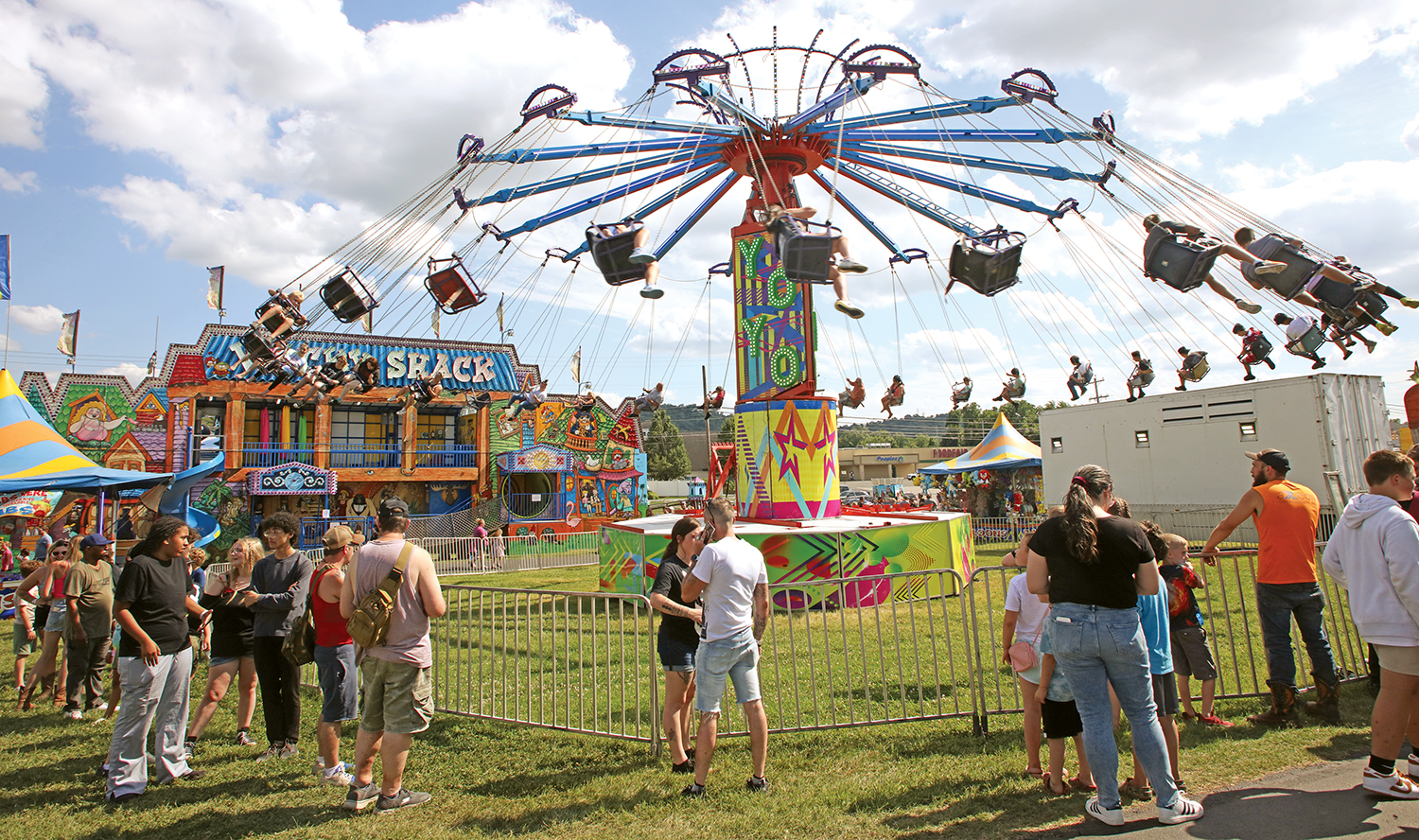MJ Wixsom: Keep senior dogs happy and healthy
Published 12:00 am Saturday, February 8, 2025
Recently, we saw a senior Labrador named Buddy whose owner hadn’t noticed subtle signs of illness.
After performing blood work, we discovered early-stage kidney disease.
With the right medication and dietary changes, Buddy is now thriving and enjoying his daily walks again.
Trending
This case highlights the importance of regular veterinary workups to catch potential issues early.
As our loyal canine companions age, their needs change, and it’s essential for pet owners to adapt to ensure their senior dogs remain happy and healthy.
Just like humans, dogs experience age-related issues, including joint pain, reduced energy levels, and potential health concerns.
Here are some key considerations for caring for your aging dog.
Regular Veterinary Checkups and Workups
Senior dogs should see the vet at least twice a year for a thorough exam.
Trending
Early detection of conditions like arthritis, kidney disease, or dental problems can make a significant difference in your dog’s quality of life.
Blood work, dental exams, and mobility assessments should be part of their routine care.
Comprehensive veterinary workups, including urinalysis, imaging (such as X-rays or ultrasounds), and heart health evaluations, are also important to detect underlying conditions that may not yet show symptoms.
Proper Nutrition
Older dogs have different dietary needs than their younger counterparts.
A high-quality senior dog food that supports joint health, maintains a healthy weight, and includes essential nutrients is crucial.
Omega-3 fatty acids, glucosamine, and chondroitin can help keep joints supple, while fiber-rich diets aid digestion.
Exercise and Mobility Support
Regular, gentle exercise is key to keeping senior dogs active and preventing obesity.
Shorter, more frequent walks, swimming, or low-impact activities help maintain muscle tone without straining joints.
Consider orthopedic beds, ramps, or even joint supplements to improve mobility and comfort.
Mental Stimulation
Cognitive function can decline with age, leading to confusion or anxiety. Keep your dog’s mind sharp with puzzle toys, new tricks, or scent games. Routine and consistency help minimize stress and create a sense of security for aging dogs.
Comfort and Home Adjustments
Make small modifications at home to accommodate your senior dog’s needs.
Non-slip rugs, raised food and water bowls, and easily accessible sleeping areas can enhance their comfort.
Keep them warm in colder months with cozy bedding or dog-friendly sweaters.
Love and Attention
Above all, senior dogs need love, patience, and understanding. They may not be as energetic as they once were, but they still cherish time spent with their favorite humans.
Providing extra cuddles, gentle grooming, and companionship ensures their golden years are filled with happiness and comfort.
Caring for a senior dog requires some adjustments, but with the right care, they can continue to lead a fulfilling life.
Just like Buddy, your dog can thrive with the proper veterinary attention, love, and care.
Pay close attention to their changing needs and cherish the time you have with them—every wag of their tail is a reminder of the unwavering love they offer.
MJ Wixsom, DVM MS is a best-selling Amazon author who practices at Guardian Animal Medical Center in Flatwoods, Ky. GuardianAnimal.com 606-928-6566.






